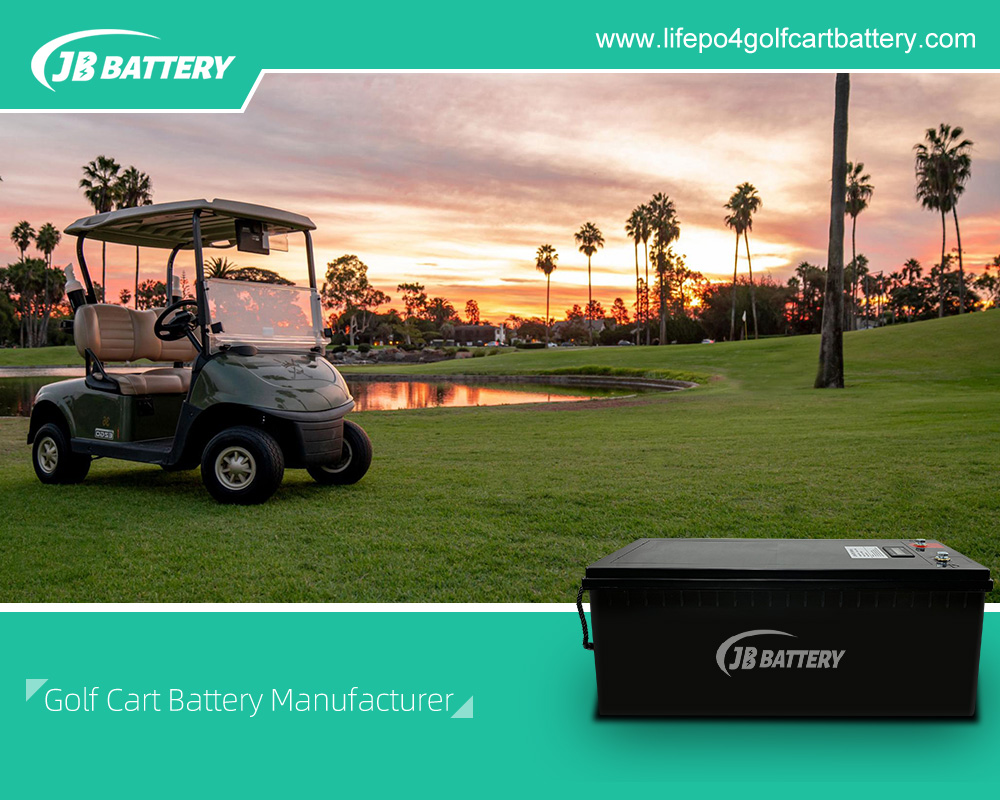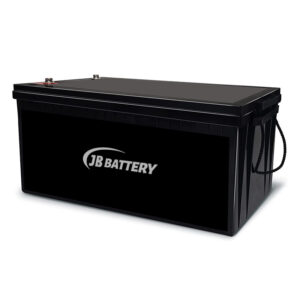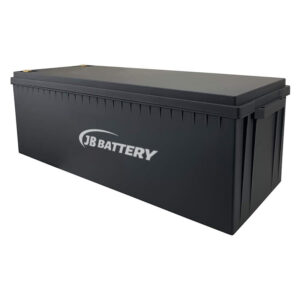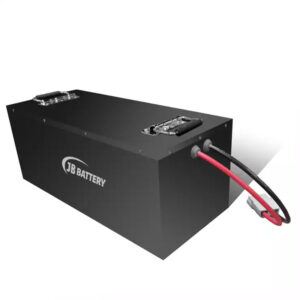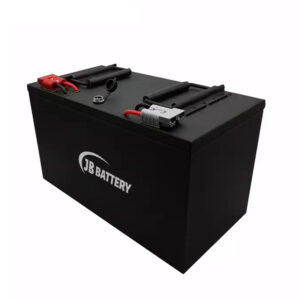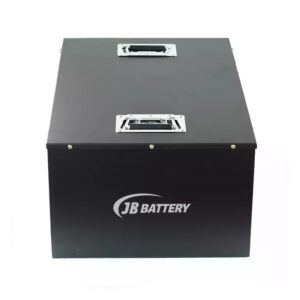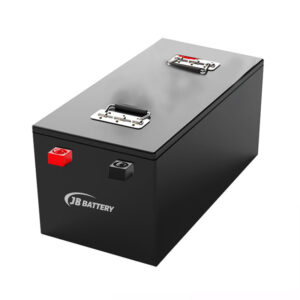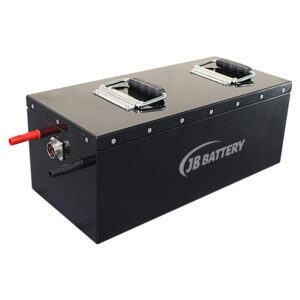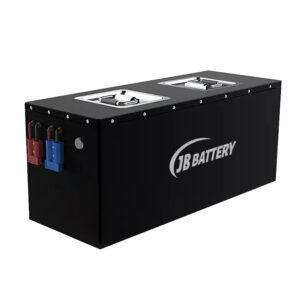Why Should I Upgrade The Battery Of My Golf Cart From Lead-Acid Battery To Lithium Ion Battery Pack?
Why Should I Upgrade The Battery Of My Golf Cart From Lead-Acid Battery To Lithium Ion Battery Pack?
The market for golf cart batteries is in constant change. In one sense, there are suppliers and manufacturers of golf carts who recognize that lithium-ion batteries are superior for performance in golf carts and durability compared to lead acid batteries. However, on the other hand, we have those who do not want to pay the initial costs for lithium-ion golf cart batteries and, therefore, continue to rely on the less efficient lead-acid battery alternatives.
However, the lifetime of a Lead-Acid battery is less than lithium. Therefore, in a short time, those who purchased Golf carts with Lead-Acid batteries had to replace their golf cart batteries.
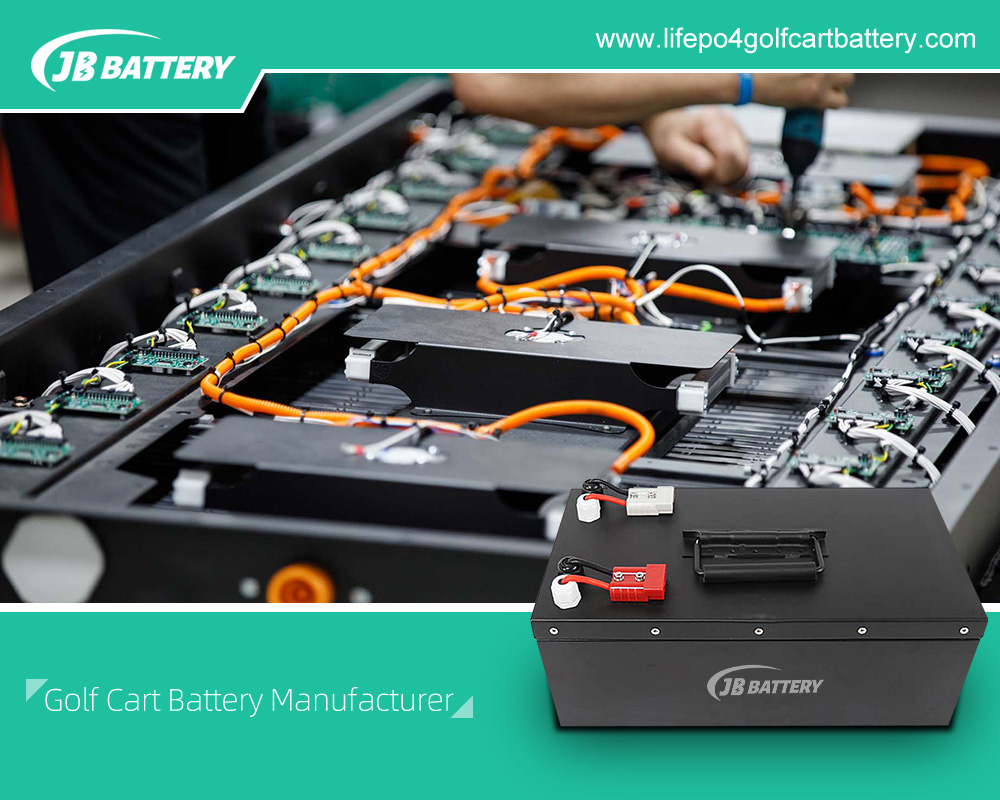
Carrying Capacity
Equipping a lithium-ion battery into a golf cart enables the cart to significantly increase its weight-to-performance ratio. The lithium golf cart batteries are about half the size of the traditional lead-acid battery, which cuts off 2/3 of the battery weight that a golf cart normally operates. This lighter weight means that the golf cart can reach greater speeds with less effort and carry greater weight without appearing sluggish to the passengers.
The weight-to-performance ratio difference lets the lithium-powered cart carry an additional two average-sized adults and their equipment before reaching carrying capacity. In addition, because lithium batteries have the same voltage output regardless of battery charge and charge, the cart can continue working even when its lead-acid counterpart has fallen behind. In contrast, lead, acid, and Absorbent Glass Mat (AGM) batteries diminish in the voltage output and performance once 70-75 percent of their rated battery’s capacity is used up, which negatively impacts capacity for carrying and increases the problem as the day gets longer.
Battery Charging Speed
It doesn’t matter if it’s an acid-lead battery or a lithium-ion one. The same problem plagues any electric golf cart or automobile: they need to be charged. The charging process takes time, and unless you have a second cart available at your disposal, the time may take you off the course for a time.
A quality golf cart must sustain a constant power level and speed across any conditions. Lithium-ion batteries can handle this without issue. However, a lead-acid battery can slow down the speed of your cart when its voltage drops. Additionally, after the charge is gone, the typical lead-acid battery takes about an hour to charge fully. In contrast, golf cart batteries made of lithium-ion are recharged by up to 80 percent within an hour and then reach full capacity in less than three hours.
Battery Maintenance
Batteries made of lead require the greatest maintenance to ensure optimal performance; however, lithium-ion batteries need no maintenance.
The most crucial aspect of keeping your lead-acid batteries in good condition is to ensure they are stocked with the correct quantity of water within. Always check the level of water within your battery, and top it with water if the level begins to drop. In addition, you’ll be looking to keep your terminals of the battery free of any debris or corrosion. This can be done by wiping the battery with a damp, clean cloth once you notice this accumulation.
Additionally, lead-acid batteries that are not fully charged suffer sulfation damage that can result in significantly shorter longevity. However, lithium-ion batteries do not have any negative reaction when they are less than fully charged, which is why it’s fine to allow an electric golf cart pit to stop charging it during lunchtime.
The Lithium battery does not contain Acid, No water, and it doesn’t require any maintenance.
Golf Cart Battery Compatibility
Golf carts specifically designed for lead-acid batteries can experience an improvement in performance by changing the lead-acid battery into a lithium-ion battery. However, this additional winding can be costly in expense for installation. In addition, lithium batteries are smaller than lead-acid with a similar capacity, making it easy to convert lithium to lead.
The most straightforward way to determine whether a cart will require modifications or an easy retrofit kit is by examining the battery voltage. First, examine a lithium-ion battery with a lead-acid battery side-by-side. When the voltage of the battery and amp-hour capacity is identical, and the battery is plugged in, it can be directly connected to your golf cart.
Lead acid or lithium…what’s the most efficient for a golf car battery?
It’s possible to consider that lead acid batteries are one of the “OG” within the world of batteries. It was invented over 150 years ago and is now the most commonly used battery for powering carts, boats, machinery, and even boats.
However, is it true that an “oldie” is always a “goodie”? It’s not always the case when something newer comes up and is more effective.
You might be amazed to learn about lithium batteries. Also known as the “new youngsters on the block,” they could alter how your golf cart runs.
Here are some quick reasons to consider:
● Powerful and consistent. Your cart will accelerate quicker with lithium and with no voltage fluctuations.
● Eco-Friendly. Lithium is leakproof and safe to store.
● Fast-Charging. They charge rapidly. (4x quicker than lead acid)
● No hassle. They’re much easier to set up (drop-in prepared!)
● (Almost) All-terrain. They can take your car over hills and through rough terrain effortlessly.
● Money savings. Lithium will save you money over time.
● Time-saving. They’re maintenance-free!
● It saves weight and space. Lithium batteries are lighter and smaller lighter than lead acid batteries.
● Lithium is smart! Lithium gives you the option of monitoring the battery’s status through Bluetooth.
JB BATTERY LIFePO4 golf cart batteries come with sockets suitable for the Lead-Acid cart. So you can plug them in and drive.
Battery Cycle Life
Lithium batteries last much longer than lead-acid batteries due to the lithium chemistry that can increase the number of charges. A typical lithium-ion battery can cycle between 2,000 to five times, whereas the average lead-acid battery lasts between 500 and 1000 cycles. While lithium batteries come with an expensive initial cost compared to the frequent lead-acid batteries, a lithium battery will pay for itself throughout its life.
JB BATTERY is dedicated to giving our customers the finest quality batteries available. Contact us to discuss how we can assist your team meets your energy requirements in a secure, efficient, reliable, and reliable manner.
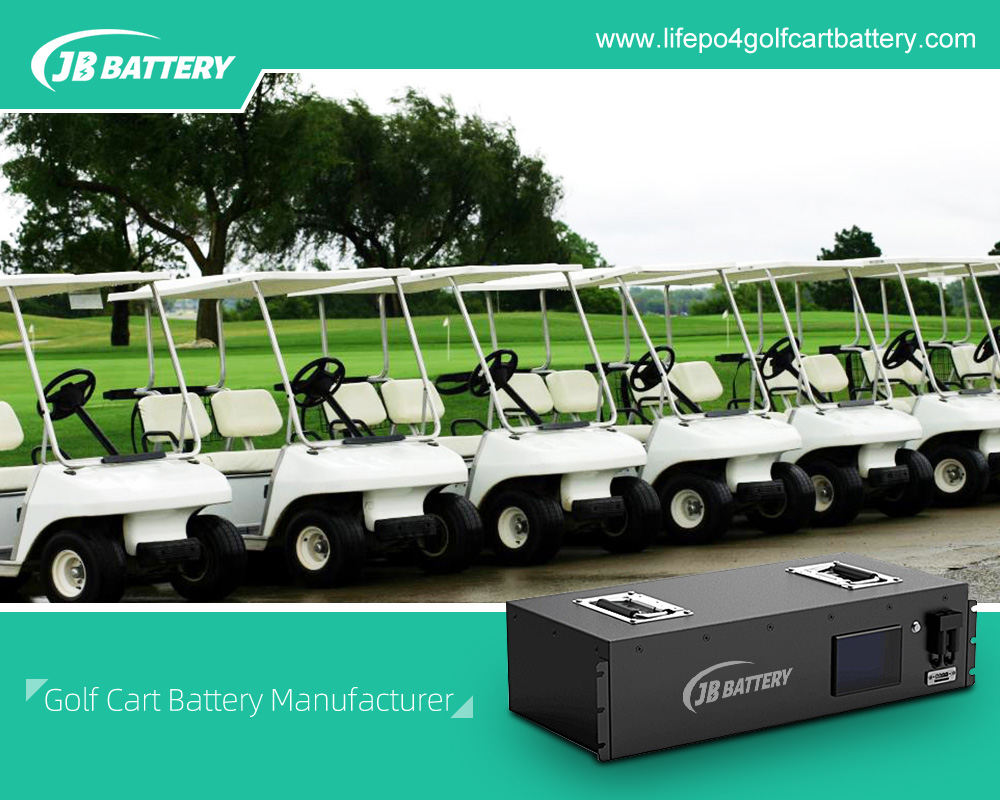
For more about why should i upgrade the battery of my golf cart from lead-acid battery to lithium ion battery pack,you can pay a visit to JB Battery China at https://www.lifepo4golfcartbattery.com/why-upgarde-lead-acid-to-lithium/ for more info.


